ADN polimerasa Taq Hot-Start
Artículo No:EH001 Especificación:500U/1000U/5000U Storage: Conservar a -20°C
Introducción del producto:
This product is an antibody-blocked hot-start enzyme that suppresses non-specific amplification caused by primer misannealing or primer dimer formation at low temperatures. It is suitable for Hot Start PCR. Since the antibody is inactivated during the initial DNA denaturation step of the PCR reaction, there is no need for special deactivation treatment; it can be used under standard PCR conditions. The PCR product amplified using this product has an ‘A’ base added to the 3′ fin, making it directly clonable into a T-Vector. It can also be cloned into blunt-end vectors after end polishing and phosphorylation.
Contenido del producto:
| Componentes | EH001-01(500U) | EH001-02(1000U) | EH001-03(5000U) |
| Taq Hot-Start DNA Polymerase(5U/µL) | 100µL | 200µL | 1mililitros |
| dNTP Mixture (10mm cada uno) | 100µL | 200µL | 1mililitros |
| 10× PCR Buffer (Mg2+ más) | 1mililitros | 2× 1mL | 10× 1mL |
Almacenamiento:
Conservar a -20°C, con una vida útil de al menos 12 meses.
Definición de actividad:
Uso del ADN del esperma mahi-mahi activado como plantilla/cebador, la actividad se define como 1 unidad (Ud.) de material insoluble en ácido incorporado, tomando 10 nmol de nucleótidos dentro 30 minutos a 74°C.
Control de calidad:
Este producto ha sido sometido a pruebas de calidad y no tiene actividad desoxirribonucleasa endonucleasa., actividad exonucleasa desoxirribonucleasa, y contaminación por ribonucleasa. El contenido residual del ADN genómico del huésped está por debajo 10 copias.
Usos del producto:
Hot Start PCR; Determinación de la secuencia de ADN.
Instrucciones de uso:
- Allow the required reagents to equilibrate at room temperature until fully dissolved. Mezclar bien bien (no agitar), and use after brief centrifugation to prevent excessive bubble formation and avoid repeated freeze-thaw cycles. If frequently used, conservar a 4°C. Prepare the PCR reaction mixture according to the following components (prepare the reaction mixture on an ice box):
Sistema de reacción recomendado:
| Reactivos | 25µL de volumen del sistema | Concentración final |
| ADN polimerasa Taq Hot-Start | 0.5µL | 0.1Ud. |
| 10× PCR Buffer (Mg2+ más) | 2.5µL | 1× |
| dNTP Mixture (10mm cada uno) | 1µL | 0.2mm cada uno |
| Primer yo (10µm) | 0.5-2.5µL | 0.2-1.0µM |
| Primer II (10µm) | 0.5-2.5µL | 0.2-1.0µM |
| Plantilla ADN | 1-5µL | - |
| Ddh2oh | To 25µL | - |
Nota: The amounts of each component in the reaction system can be adjusted according to actual requirements.
- En general, Se puede usar un método de dos pasos para la reacción; if the two-step amplification is not satisfactory, a three-step method can be used to set up the PCR reaction program.
| Método/pasos | PCR en tiempo real de dos pasos | Thre-step real-time PCR | Ciclos |
| 95℃ (Preenaturación) | 2-5mín. | 2-5mín. | 1 |
| 95℃ (Desnaturalización) | 10-20segundo | 10-20segundo | 35-45Ciclos |
| 55℃ -65 ℃ (Recocido) | 20segundo – 1min(Recoger fluorescencia) | 10-20segundo | |
| 72℃ (Extensión) | - | 20segundo – 1min(Recoger fluorescencia) |
Nota: Las condiciones de reacción se pueden ajustar y optimizar de acuerdo con los requisitos reales.
- Una vez completada la reacción, analyze the experimental results. For detailed analysis methods, refer to the PCR amplification instrument operating manual.
Precauciones:
- Please choose an appropriate annealing (extensión) temperature based on the primer design. Típicamente, the Tm value of the primers is designed to be around 60°C. For primers with lower annealing temperatures or for amplifying long fragments exceeding 200 pb, Se recomienda un método de tres pasos.. The extension time can be adjusted based on the length of the PCR product, GC content, and other factors. The extension time per kb of product is closely related to template complexity. Simple templates use 20 segundos, normal templates use 30 segundos, and complex templates use 1 minuto.
- The PCR reaction conditions should be set differently based on factors such as template, cebadores, length of the PCR product, y contenido de GC. The final concentration of commonly used primers can be adjusted within the range of 0.2-1.0 µM. The DNA template concentration can also be adjusted based on its concentration. Para plantillas complejas o alto contenido de GC, consider extending the denaturation/annealing or extension times, and increasing denaturation/annealing temperature.
- Use dedicated areas and pipettors before and after amplification, usar guantes, y cámbalos con frecuencia. Después de la amplificación por PCR, do not open the reaction tubes directly. Place them at 4°C or -20°C to cool sufficiently before opening to minimize the risk of PCR product contamination in the experimental environment.
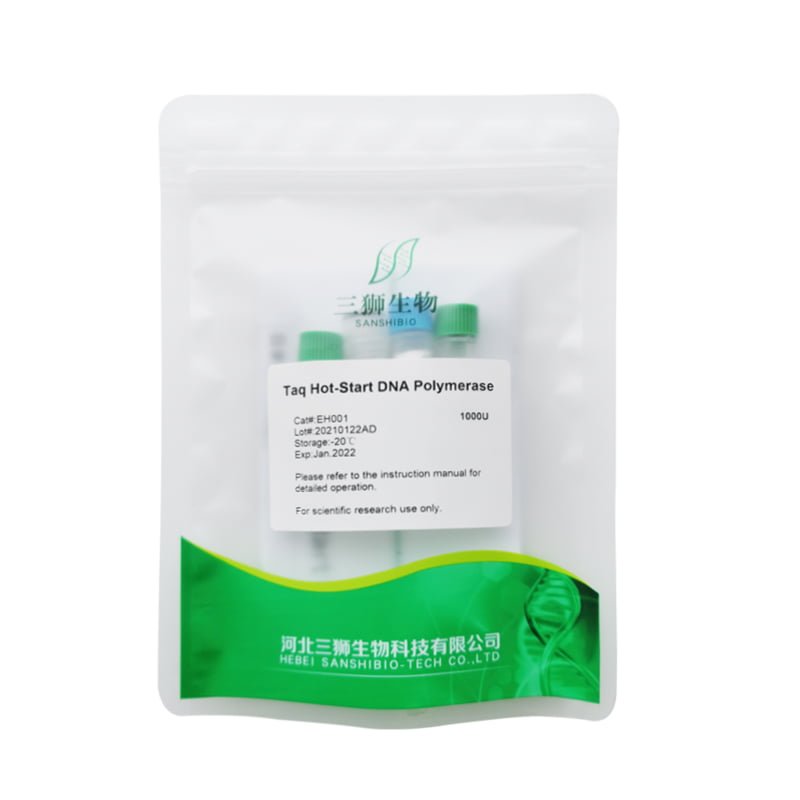
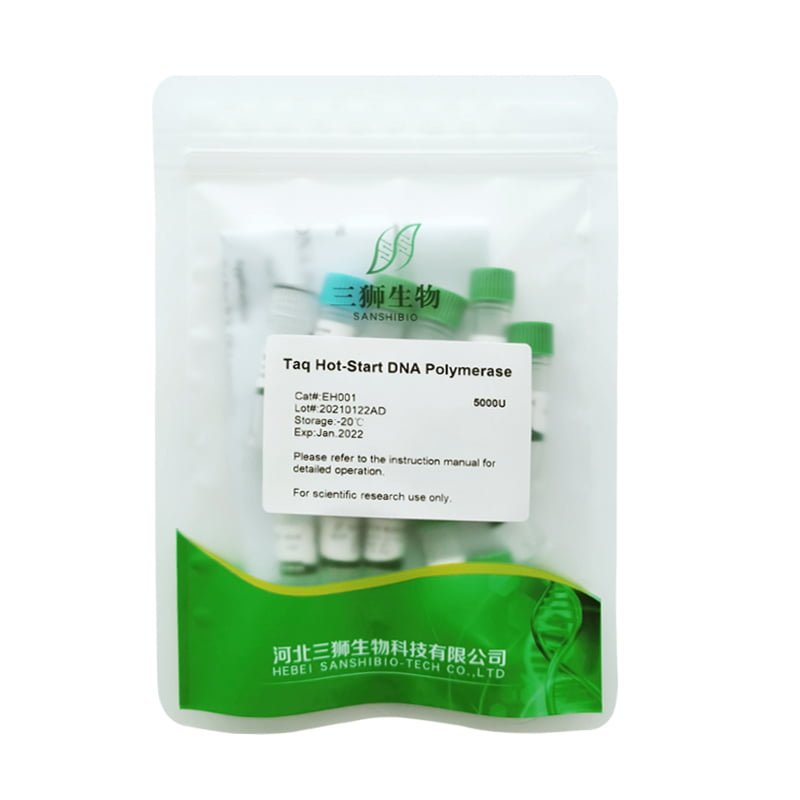
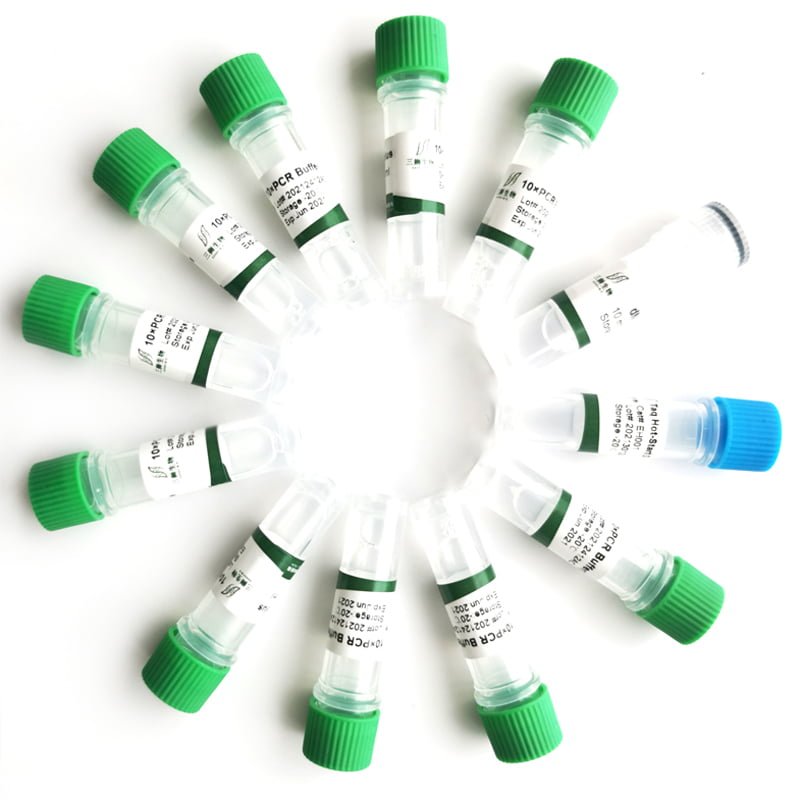
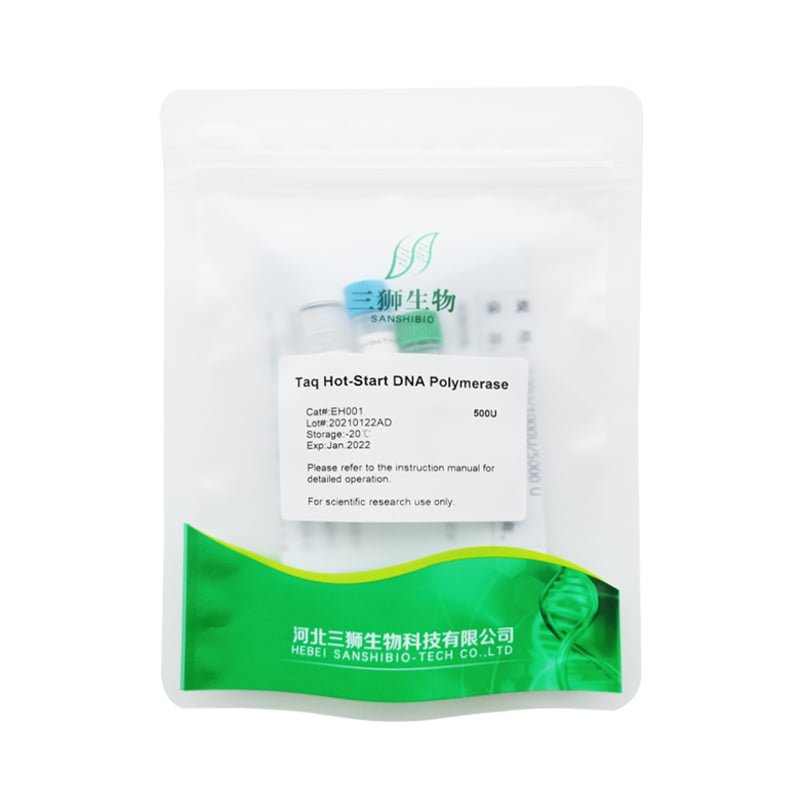
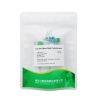
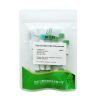
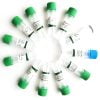
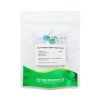
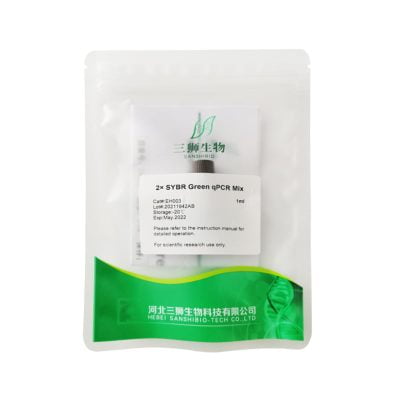
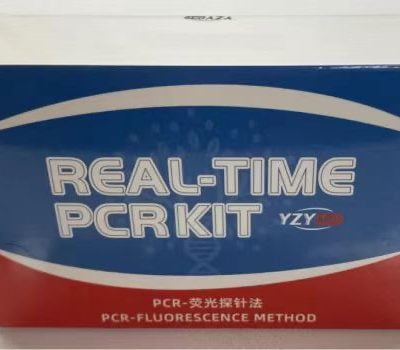
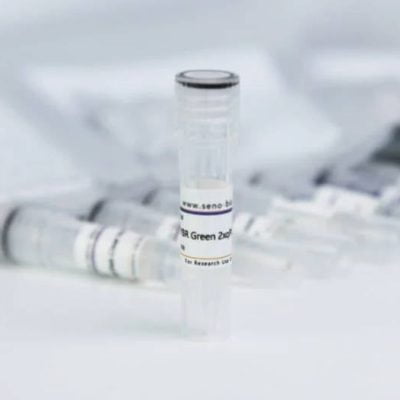
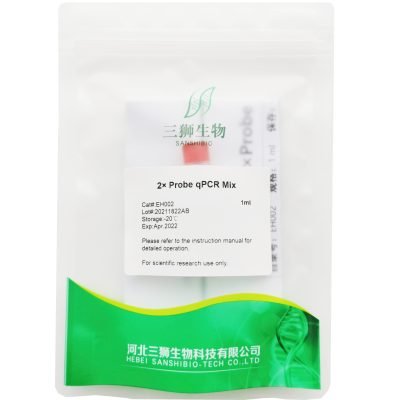
Reseñas
Aún no hay reseñas.